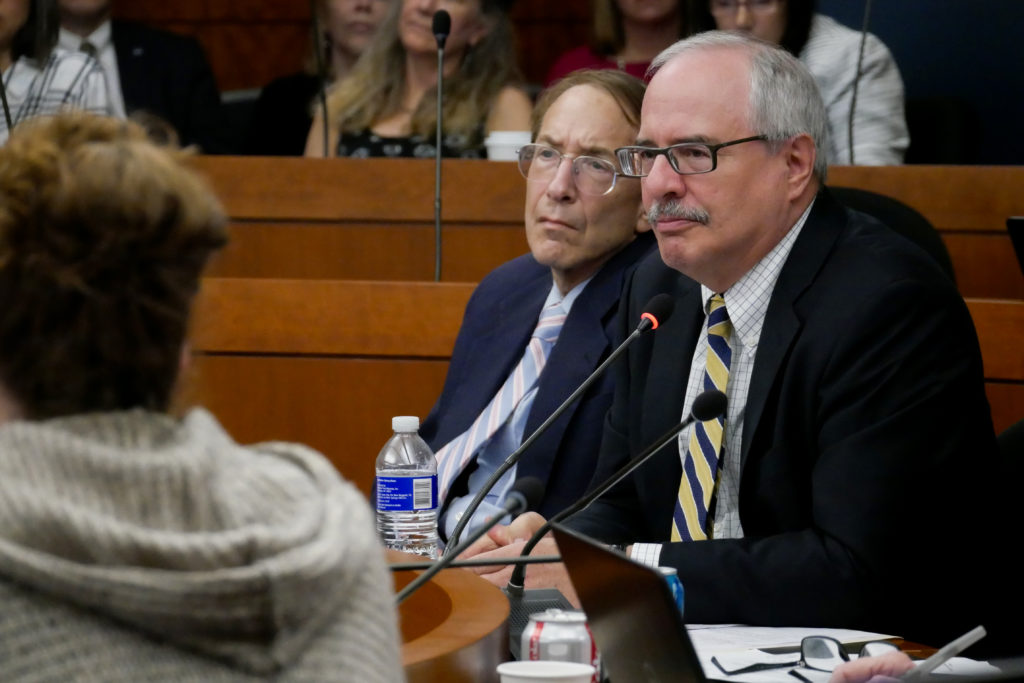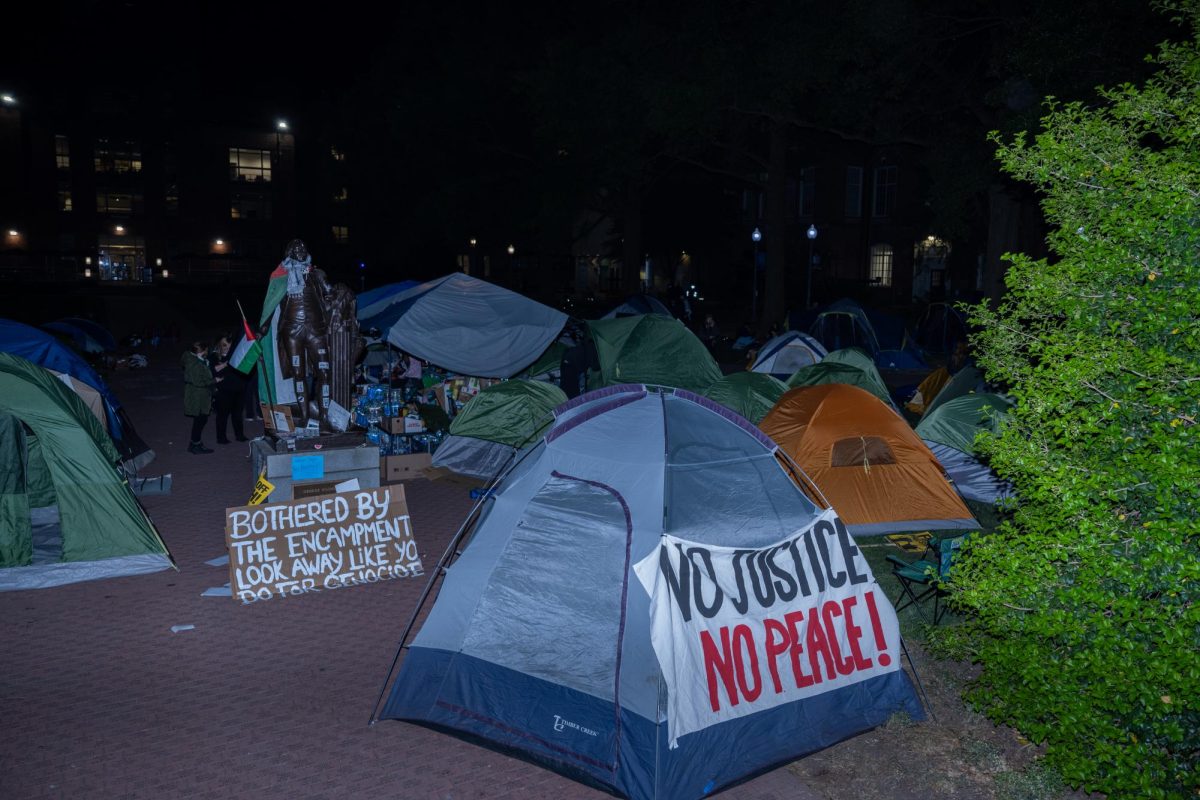As COVID-19 cases continue to rise worldwide, officials are pausing the strategic planning process for the “foreseeable future” and will reassess key goals, like the enrollment cut.
University President Thomas LeBlanc said the Board of Trustees approved the decision to halt the process Thursday because the pandemic’s impacts on the University could “substantially” affect key assumptions underlying the plan’s goals, like a 20 percent reduction in undergraduate enrollment. He added that the virus has also impeded officials’ ability to gather feedback and engage with the community about the plan.
“The entire leadership of the University is focused almost single-mindedly on COVID-19,” LeBlanc said in an interview. “Starting with the health and well-being of our community to the decisions that we’ve made both to move to virtual instruction – as well as telework – to the decisions we continue to make on an ongoing basis to master this.”
LeBlanc formed four committees to focus on graduate education, undergraduate education, world-class faculty and high-impact research as the framework for the University’s next strategic plan last September. The committees released draft recommendations in January after holding multiple town halls to collect feedback in preparation for a final vote on the plan in June.
LeBlanc said several of the committees’ recommendations were “highly dependent” on the state of the world prior to the pandemic’s outbreak. Officials will “revisit” plans to reduce the undergraduate population by 20 percent over five years – a decision that emerged out of a need to figure out what the right size of the University should be – based on the short- and long-term effects of the virus, he said.
“I think in a post-COVID world, with the set of realities that we inherit, we’re going to have to ask that question again,” LeBlanc said in an interview. “I don’t think the answer is necessarily exactly the same answer that we might have given pre-COVID-19. We may be delighted to enroll a freshman class that’s 20 percent smaller than in the past, under a new COVID reality – I don’t know what that reality will look like exactly right now.”
LeBlanc said the Board of Trustees, the body that will ultimately approve or reject the final strategic plan, will convert its May meeting into a virtual one, adding that officials are considering canceling the Board’s summer retreat as well. LeBlanc said he has been in communication with Board Chair Grace Speights multiple times a day as the pandemic grows worse.
Faculty have raised concerns about LeBlanc’s 20/30 Plan, which also seeks to increase the proportion of STEM students from 19 percent to 30 percent, as part of the overall strategic plan. Internal models obtained by The Hatchet last year revealed that the plan could reduce diversity levels and cost between $8 million and $36.2 million a year.
The Faculty Association, an informal union of professors, delivered a petition to LeBlanc and Speights this week calling on the president to resign, citing the 20/30 Plan’s implementation. LeBlanc said in an interview that he thought he addressed faculty’s concerns about the plan and followed through on his commitments.
“I thought it was unfortunate,” LeBlanc said of the petition. “But I will say, right now we’re all really focused on COVID-19 – getting our community through that as strong as possible. And that’s where my focus is.”
Both the Faculty Assembly, a body composed of full-time faculty, and the Faculty Senate, a body of elected faculty, have condemned LeBlanc for failing to adhere to the principle of shared governance during the strategic planning process. LeBlanc and Board Chair Speights responded to those charges in a letter, in which the pair agreed to increase communication about data used to make decisions.
“While I believe these objectives are important, I understand moving forward that the faculty expect to be involved with establishing such goals,” LeBlanc said at the March Faculty Senate meeting. “I know all our faculty care deeply about the University and I do too. I am committed to finding common ground with you that we can all support.”
Parth Kotak contributed reporting.








